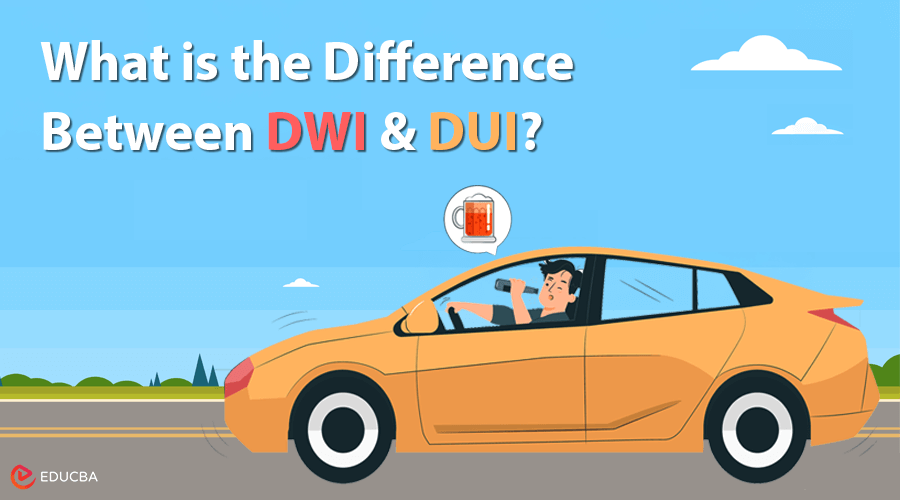Introduction to the Difference Between DWI and DUI
Whether a person is a lightweight or can hold their liquor, the law treats drinking while driving seriously. Depending on which state the driver is driving in, the driver can find themselves with a DUI or a DWI charge. Once the hangover has ended, it is important to understand the difference between the charges and what they entail. This article breaks down the difference between DWI and DUI and reviews the penalties for these charges.
Is There a Difference Between DWI and DUI?
- DUI: DUI stands for Driving Under the Influence. It generally means driving with some level of alcohol or drugs in your system that impairs your capability to drive safely.
- DWI: DWI stands for Driving While Intoxicated or Impaired. It usually means driving with a blood alcohol level over the legal limit, although it can also apply to drug impairment in some places.
In some states, DWI is considered less severe than DUI, with varying penalties. However, in other states, DUI and DWI are treated as the same charge.
Alcohol: The legal limit for the amount of alcohol a person can have in their system is 0.08% BAC (Blood Alcohol Content). Some states have set a different threshold that permits less alcohol in the body while driving.
Drugs: Drugs include both legal and illegal substances. Legal substances include prescription and over-the-counter medication. Check the medication bottle before taking a vehicle for a spin.
What Counts as a “Vehicle” in DUI/DWI Cases?
The definition of a vehicle is broad in the context of a DUI. A bicycle, motorcycle, electric scooter, car, bus, watercraft, and truck fall under the category of a vehicle. The penalty may differ depending on the type of vehicle, but if it has wheels and is considered to be a form of transportation, there is a good chance it is included under the definition.
Factors That Influence DUI/DWI Penalties
Several factors can impact the severity of DUI/DWI penalties, including:
- Whether damages were incurred to someone’s property
- Whether someone was injured
- Whether someone was killed
- Whether the driver refused to take the breathalyzer test or sobriety field test.
- The age of the driver
- Whether the driver’s license was suspended, expired, or revoked.
Penalties for a DUI/DWI
Legal Consequences
DUI/DWI offenses are typically misdemeanors but can escalate to more serious charges based on the factors above. Penalties may include:
- Jail time
- Suspension, revocation, or points on the driver’s license
- Probation or community service
- Fines, which vary by state
- Treatment programs for alcohol or drug use
- Putting an ignition interlock device in the offender’s vehicle.
Special Consequences for Minors
Minors charged with a DUI may face delayed eligibility for obtaining a driver’s permit or license. States impose harsher consequences for underage drivers to discourage early-age drinking and driving.
Impact on Car Insurance
A driver with a DUI can expect to have their car insurance rate increase as a result of the conviction. Car insurance companies don’t appreciate risky and unsafe behavior and will reflect this in the policies they offer. A minor who is charged with DUI will also have their rates increased.
Final Thoughts
We hope this article has clarified the difference between DWI and DUI. Check out these recommended articles for more insights on staying safe and informed about driving laws and penalties.

